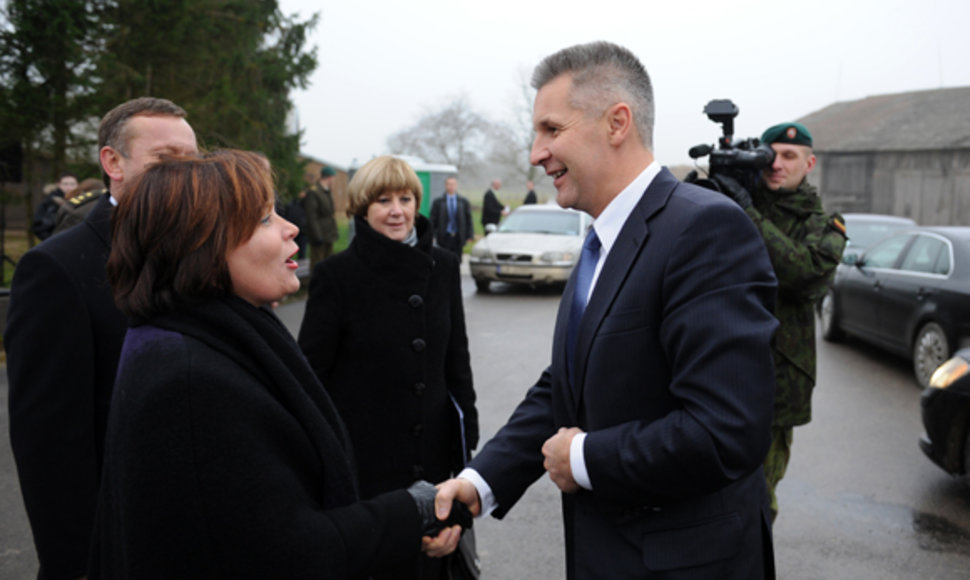"Crisis of the euro can very much affect our future. I would say, if euro falls, that will bring with it a number of challenges, which basically will make many politicians and parties and countries rethink the current situation in Europe, which can bring us back to the situation or close to the situation we have been in in the 1930s. The states will think more nationally, concentrate on their own interests. And what does that mean for the Baltic countries? We are on the border of the European Union," Pabriks said during a discussion with students of Vytautas Magnus University.
He said cancellation of common economic policies would undermine political cooperation among the countries.
"The decrease of political cooperation would possibly also spell the dissolution of the European Union as we see it today and, if it dissolves, then we will return to the former national politics where every country is for itself. And that means that we wouldn't have such a support available anymore, either economic or political, and our joining the European union in 2004 would be basically neutralized. That would automatically make other influences stronger in our region again. And the question also about the Baltic identity and belonging more pressing, because it's not in everybody's minds - neither in our region, nor in the near abroad - that we are permanently anchored in Europe," Pabriks told BNS after the discussion.












